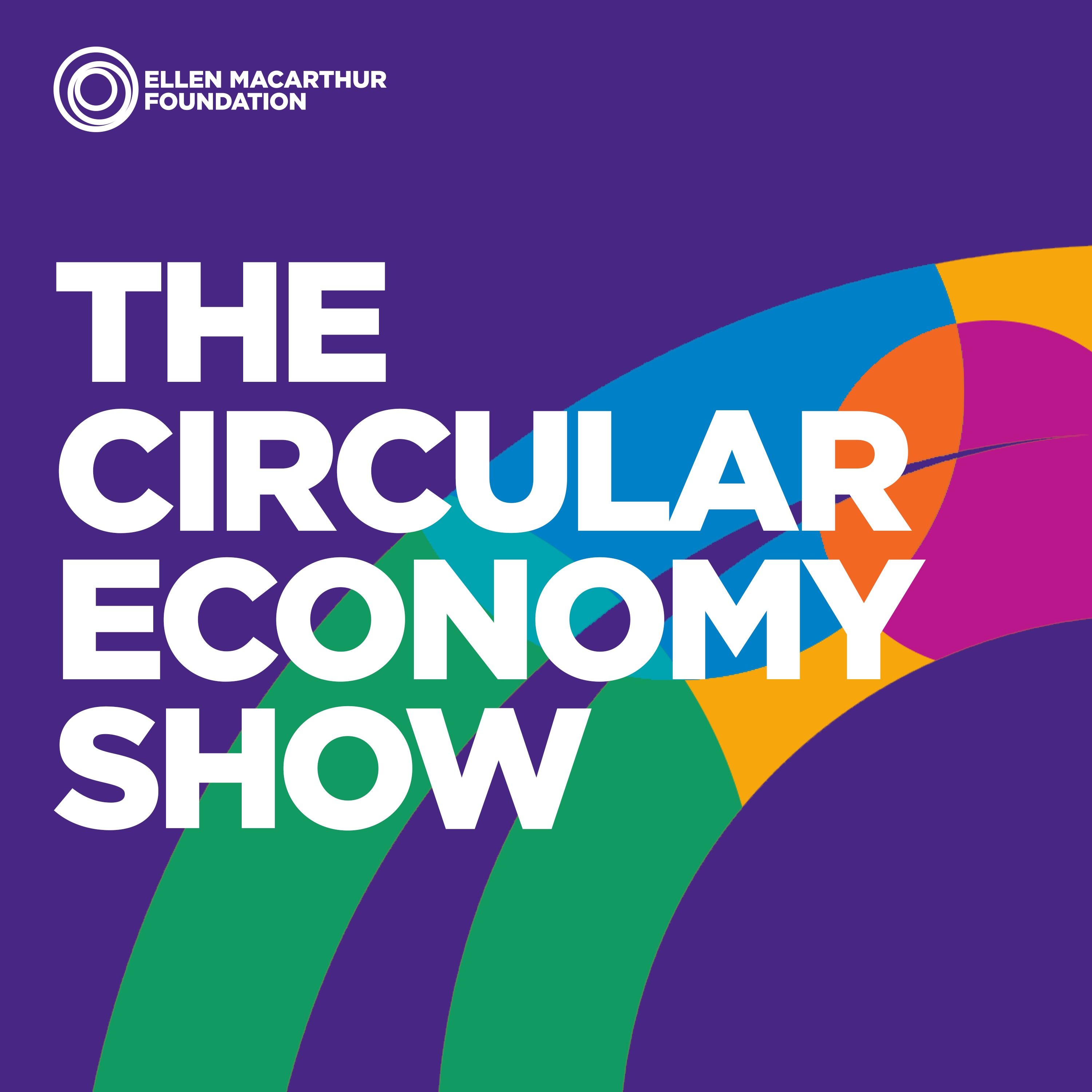HolyGrail: see it, sort it, scale it
Description
Scaling the circular economy requires more companies to launch circular products and services, but many competitors transitioning towards the circular economy face similar barriers to scale.
One way to address this is commercial collaboration, where businesses work together on issues that are not tied to their competitive advantage.
In this episode, we’ll hear from Sarah Dodge and Mark Buckley from the Ellen MacArthur Foundation about how this can help to scale a circular economy.
We’ll also explore how one initiative has helped address a bottleneck in post-consumer recycling.
Hear how companies from the Ellen MacArthur Foundation's Plastics Mission worked together to develop a unified vision and enable high-quality plastic waste sorting at scale with HolyGrail 1.0. This evolved into HolyGrail 2.0, where joint investment in R&D was crucial in helping it get from concept to market in just a few years.
To discuss the project, Sander Defruyt, Lead of Strategy & Thought Leadership for the Plastics Mission, is joined by Gian De Belder, Technical Director of Packaging and Sustainability at Procter & Gamble, and Margherita Trombetti, Project Manager at the European Brands Association (AIM).
Watch or listen to the full episode to learn how:
- Cross-value chain collaboration was essential to align on the technology and achieve scale
- Growing interest allowed participation to grow from 31 companies in HolyGrail 1.0 to 176 in 2.0
- The European Brands Association (AIM) facilitated the governance, confidentiality, and communications of 2.0
Learn more about this business-led partnership, which was funded through member contributions and philanthropic funding from the Alliance to End Plastic Waste and the City of Copenhagen.
Explore the full commercial collaboration collection
If you enjoyed this episode, please leave us a review or a comment on Spotify or YouTube. Your support helps us to spread the word about the circular economy.








